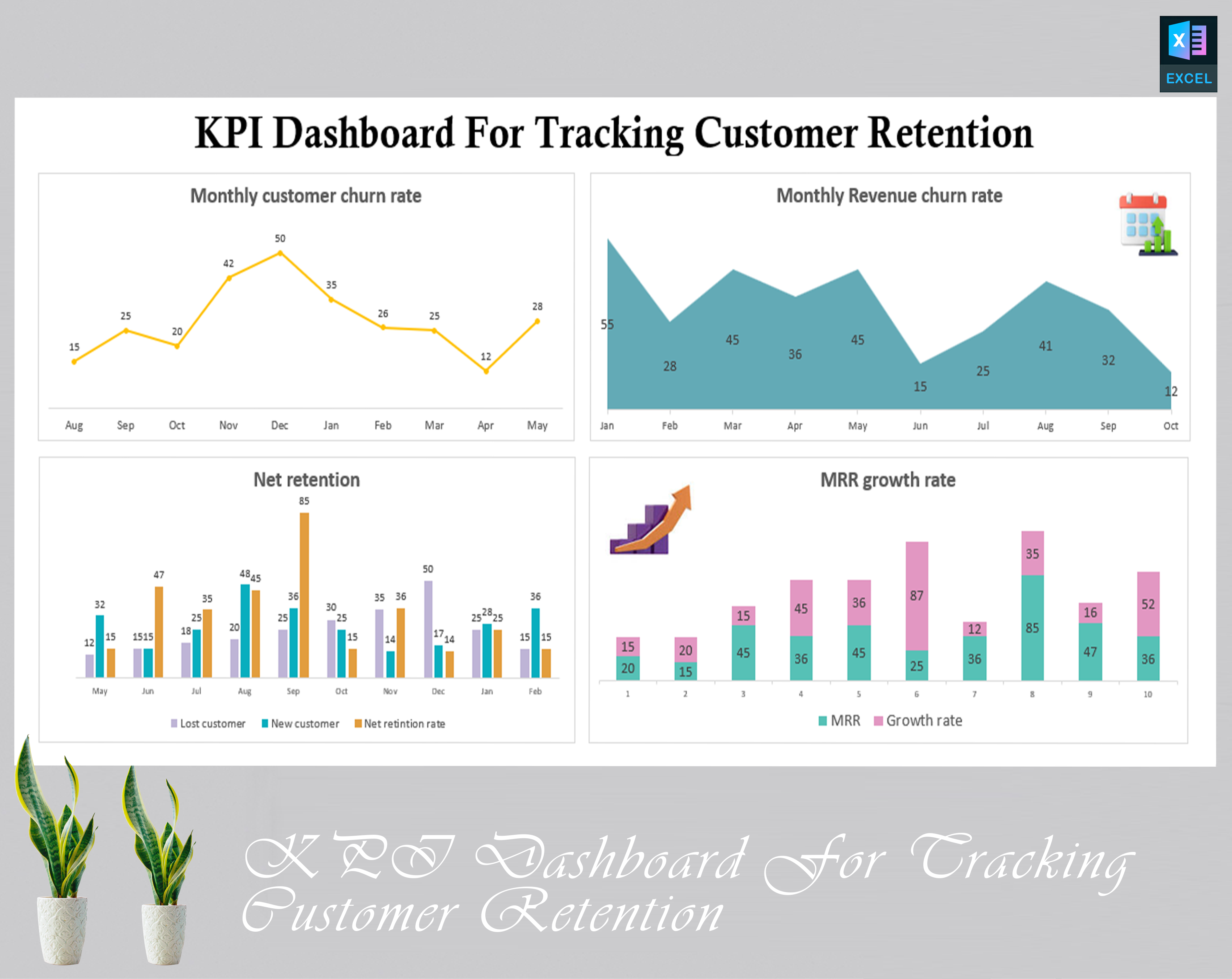The Hookup Dossier: Your Ultimate Guide to Modern Dating
Explore the ins and outs of dating, relationships, and modern romance.
Loyalty Retention Analytics: Transforming Data into Lifelong Fans
Unlock the secrets of loyalty retention! Discover how data can turn your customers into lifelong fans and boost your business today.
Understanding the Metrics: How Loyalty Retention Analytics Drive Customer Engagement
In today's competitive business landscape, understanding the metrics of loyalty retention analytics is crucial for driving customer engagement. By analyzing data such as repeat purchase rates, customer lifetime value, and churn rates, businesses can identify key trends that influence customer satisfaction. These metrics reveal valuable insights into consumer behavior, enabling brands to tailor their marketing strategies effectively. For instance, if a significant portion of customers stops purchasing after their first transaction, it may indicate a need for improved onboarding processes or targeted loyalty programs.
Additionally, leveraging loyalty retention analytics helps businesses create personalized experiences that foster deeper connections with their customers. By segmenting audiences based on their buying patterns and preferences, companies can design targeted campaigns that resonate with their loyal customer base. This may include exclusive offers, tailored content, or rewards specifically aligned with customer interests. Ultimately, understanding and utilizing these analytics not only enhances customer engagement but also strengthens brand loyalty and drives long-term success.

Counter-Strike is a popular first-person shooter game that has captivated players worldwide since its initial release in 1999. Players engage in team-based gameplay, where one team takes on the role of terrorists while the other team acts as counter-terrorists, resulting in intense strategic matchups. If you're looking to enhance your gaming experience, consider using a clash promo code to unlock additional features and perks.
Top Strategies for Transforming Data Insights into Loyal Customer Relationships
Transforming data insights into loyal customer relationships requires a strategic approach that leverages the wealth of information available from customer interactions. One of the top strategies is to analyze customer behavior through various data points, such as purchasing history and engagement patterns. By utilizing tools like customer relationship management (CRM) systems, businesses can segment their customers based on preferences and behaviors. This segmentation allows for personalized marketing efforts that resonate with different customer groups, enhancing engagement and fostering loyalty.
Another effective strategy is to implement feedback loops that encourage customers to share their experiences and opinions. Using surveys, polls, and social media interactions, businesses can gather valuable insights that inform future actions. Responding to feedback and making necessary adjustments not only improves products and services but also demonstrates to customers that their voices are heard and valued. By building a culture of open communication, brands can create deeper emotional connections with their audience, ultimately leading to lasting loyalty.
What Role Does Customer Feedback Play in Loyalty Retention Analytics?
Customer feedback serves as a crucial pillar in understanding and improving loyalty retention analytics. By actively seeking and analyzing customer opinions, businesses can uncover insights that directly impact their relationships with clients. For instance, a well-structured customer survey can reveal satisfaction levels, pain points, and areas for improvement. When companies take this feedback seriously, they can tailor their services and products to align better with their customers' needs, leading to increased retention rates. In fact, organizations that utilize customer feedback effectively are known to have up to 55% higher customer retention rates compared to those that do not.
Moreover, feedback can also guide companies in developing strategic initiatives aimed at enhancing the overall customer experience. Utilizing data from customer feedback tools, businesses can identify common trends and sentiments, thereby enabling them to make data-driven decisions. Implementing changes based on concrete analytics not only fosters a sense of trust and loyalty among customers but also demonstrates to them that their voices are heard and valued. In conclusion, leveraging customer feedback as part of loyalty retention analytics is not merely beneficial; it is essential for businesses striving to build long-term customer relationships and enhance their brand loyalty.